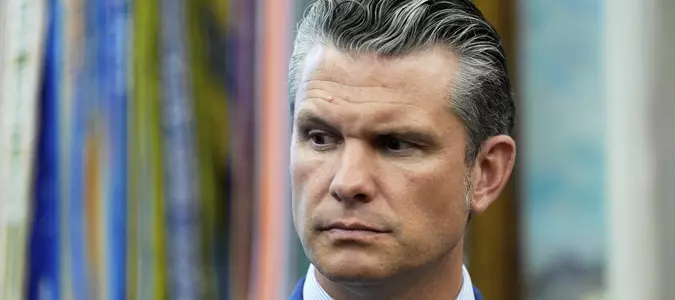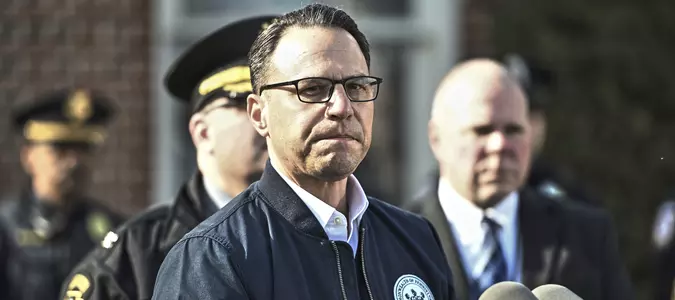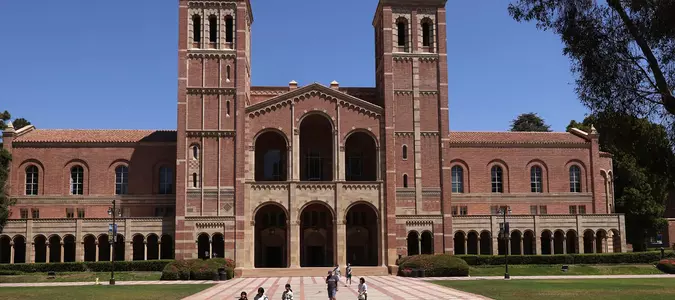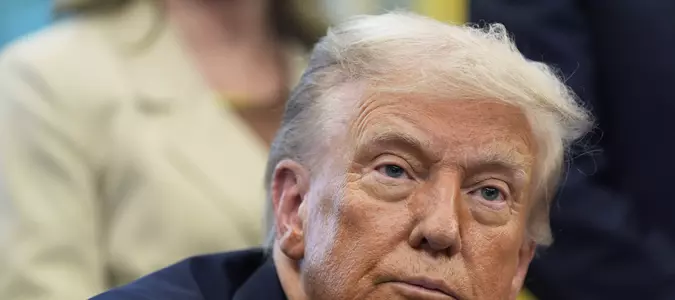

Milei' s 2026 budget for Argentina emphasizes fiscal balance
President Javier Milei has outlined in a 15-minute televised speech Argentina's 2026 budget proposal, which Congress will begin debating in the coming days.

In a 15-minute televised address Monday night, Argentine President Javier Milei repeated his call to maintain fiscal balance. Photo by Juan Ignacio Roncoroni/EPA UPI
Sept. 16 (UPI) -- President Javier Milei has outlined Argentina's 2026 budget proposal, which Congress will begin debating in the coming days.
In a 15-minute televised address Monday night, Milei repeated his call to maintain fiscal balance. But after months of budget cuts, he promised increases in pensions, health care, disability benefits and university funding.
"Fiscal balance is the cornerstone of our government plan and a nonnegotiable principle we set out from the start," he said.
After a major setback in recent provincial elections, in which his coalition lost to the Peronists, Milei addressed Argentines most affected by his government's austerity measures. He said the toughest years were the first ones:
"That is why we can say that, despite current turbulence, the worst is already behind us," he said.
He added: "We celebrate the steady decline in inflation, the drop in poverty, lower taxes and the lifting of currency controls as major achievements. But it is also true that during these 20 long years, many Argentines have lost everything and their situation has only worsened."
In the new budget, Milei pledged 4.8 trillion pesos for universities, a 5% increase in pension spending and a 17% increase in health care spending, both above the projected 14% average inflation rate for 2026.
Without his usual fiery rhetoric or insults aimed at opponents and economists, the president avoided confrontation in his speech and urged governors and lawmakers to cooperate on pending reforms.
After the provincial election defeat, markets reacted negatively. The dollar rose against the peso and Argentine bonds fell, followed by an increase in the country's risk index.
The electoral setback was seen as a response to Milei's shock program and a sign of uncertainty over his government's ability to pass reforms and sustain its economic plan.
"If we add the reforms we want to implement to fiscal balance, we could see growth of 7% to 8%. In 20 years, we would be among the richest countries in the world," Milei said.
But that will not happen by magic, he added, saying it will take time for work to gain more value.
"If we achieve the necessary consensus, if we work side by side with governors, deputies and senators, we will achieve it," he said.
The president said 85% of the 2026 budget will be allocated to health care, pensions and education.
"Human capital is this government's priority," he said.
Despite the promised increases, Milei said there will be a fiscal stability rule under which "if revenues fall or expenses exceed projections, budget items will be adjusted to maintain balance."
In another part of the address, he said there is a "direct link between fiscal order, lower risk, economic growth and prosperity," adding that "all other paths have already been tried and failed."
"The path of fiscal deficits financed with debt has already been tried, and it left us with a public debt of $500 billion," he said.
The 2026 budget proposal projects continued fiscal balance with a surplus of 0.3% of GDP, similar to levels expected in 2025 and 2027, according to the Economy Ministry, Argentinian online newspaper Infobae reported.
The financial result, after debt interest, is also projected to return to balance after a decade of persistent, deep deficits that peaked at 8.4% of gross domestic product in 2020.
The 2025 budget, presented months earlier, was never approved after disagreements with the opposition, and the government was forced to reshuffle spending to keep the country running.
This year, governors warned they will not allow a repeat of that situation and plan to press Congress's Budget Committee to set a timetable to speed up debate on the proposal.
















